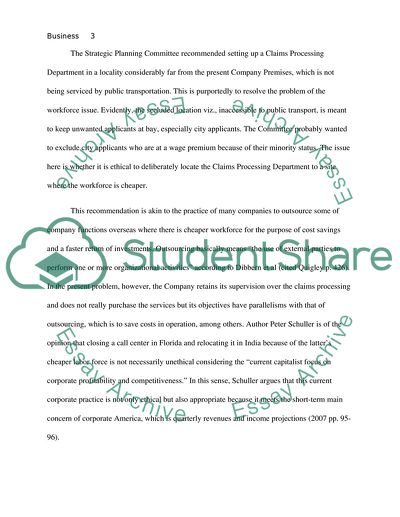Cite this document
(“Ethcis/Law Research Paper Example | Topics and Well Written Essays - 1500 words”, n.d.)
Ethcis/Law Research Paper Example | Topics and Well Written Essays - 1500 words. Retrieved from https://studentshare.org/miscellaneous/1571393-ethcislaw
Ethcis/Law Research Paper Example | Topics and Well Written Essays - 1500 words. Retrieved from https://studentshare.org/miscellaneous/1571393-ethcislaw
(Ethcis/Law Research Paper Example | Topics and Well Written Essays - 1500 Words)
Ethcis/Law Research Paper Example | Topics and Well Written Essays - 1500 Words. https://studentshare.org/miscellaneous/1571393-ethcislaw.
Ethcis/Law Research Paper Example | Topics and Well Written Essays - 1500 Words. https://studentshare.org/miscellaneous/1571393-ethcislaw.
“Ethcis/Law Research Paper Example | Topics and Well Written Essays - 1500 Words”, n.d. https://studentshare.org/miscellaneous/1571393-ethcislaw.


